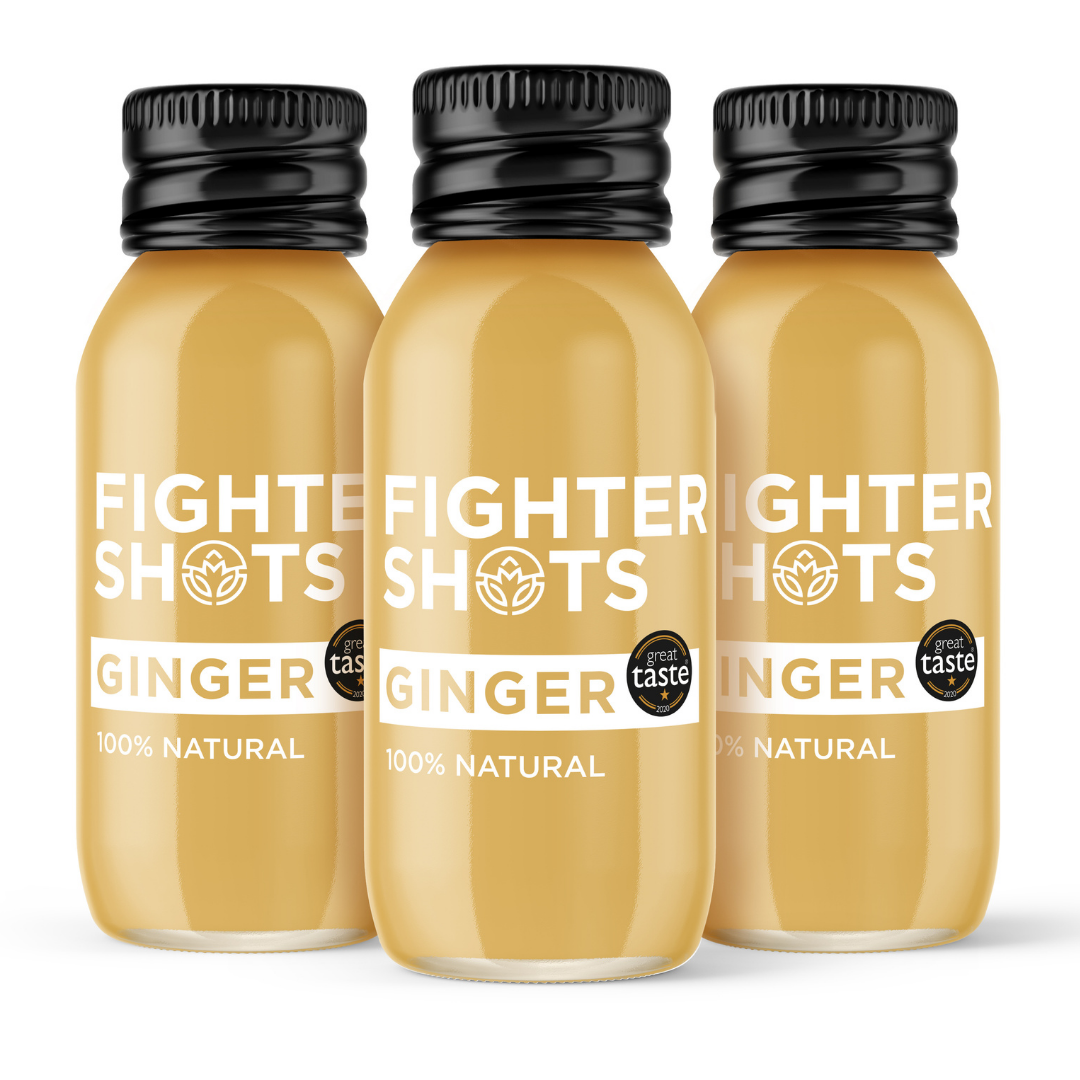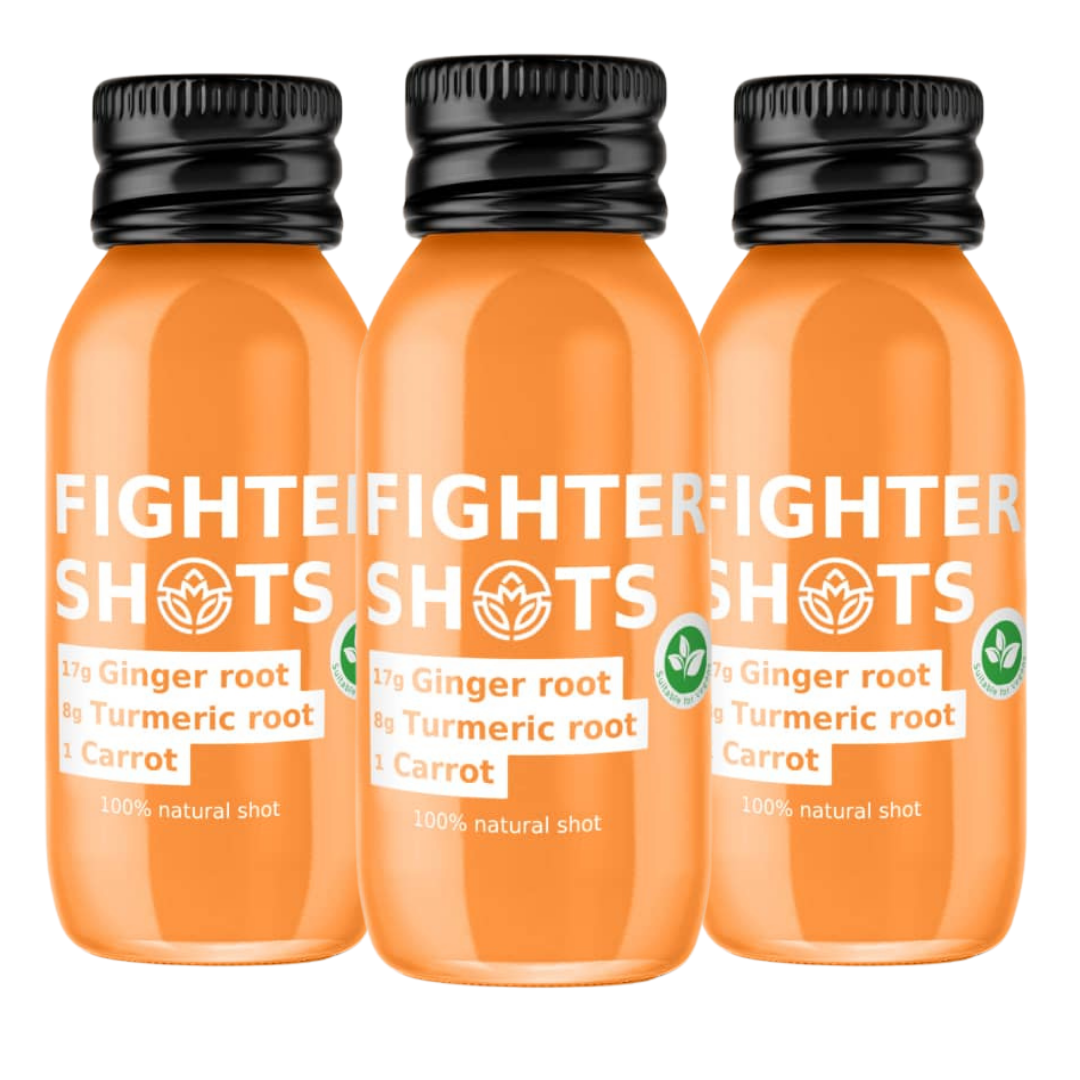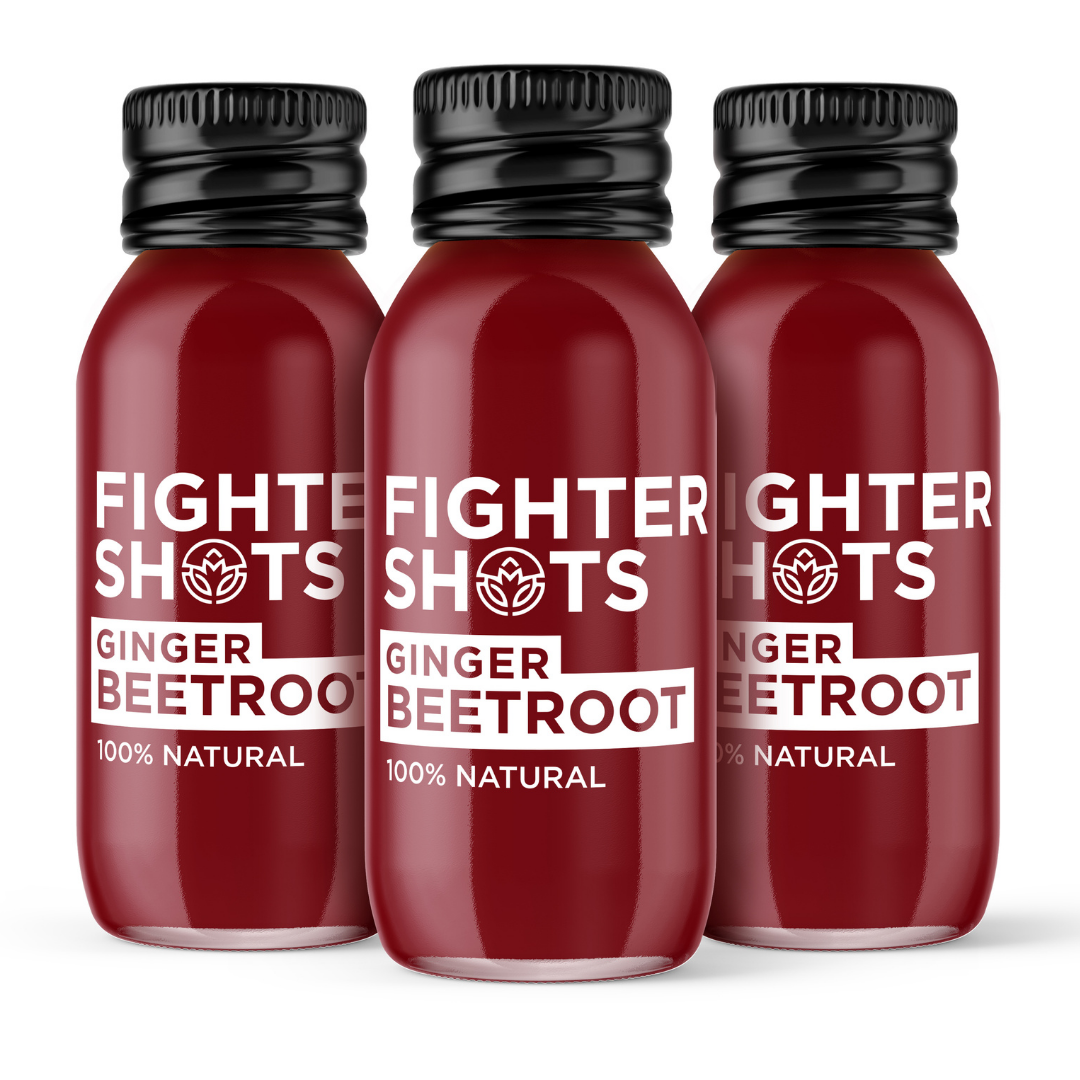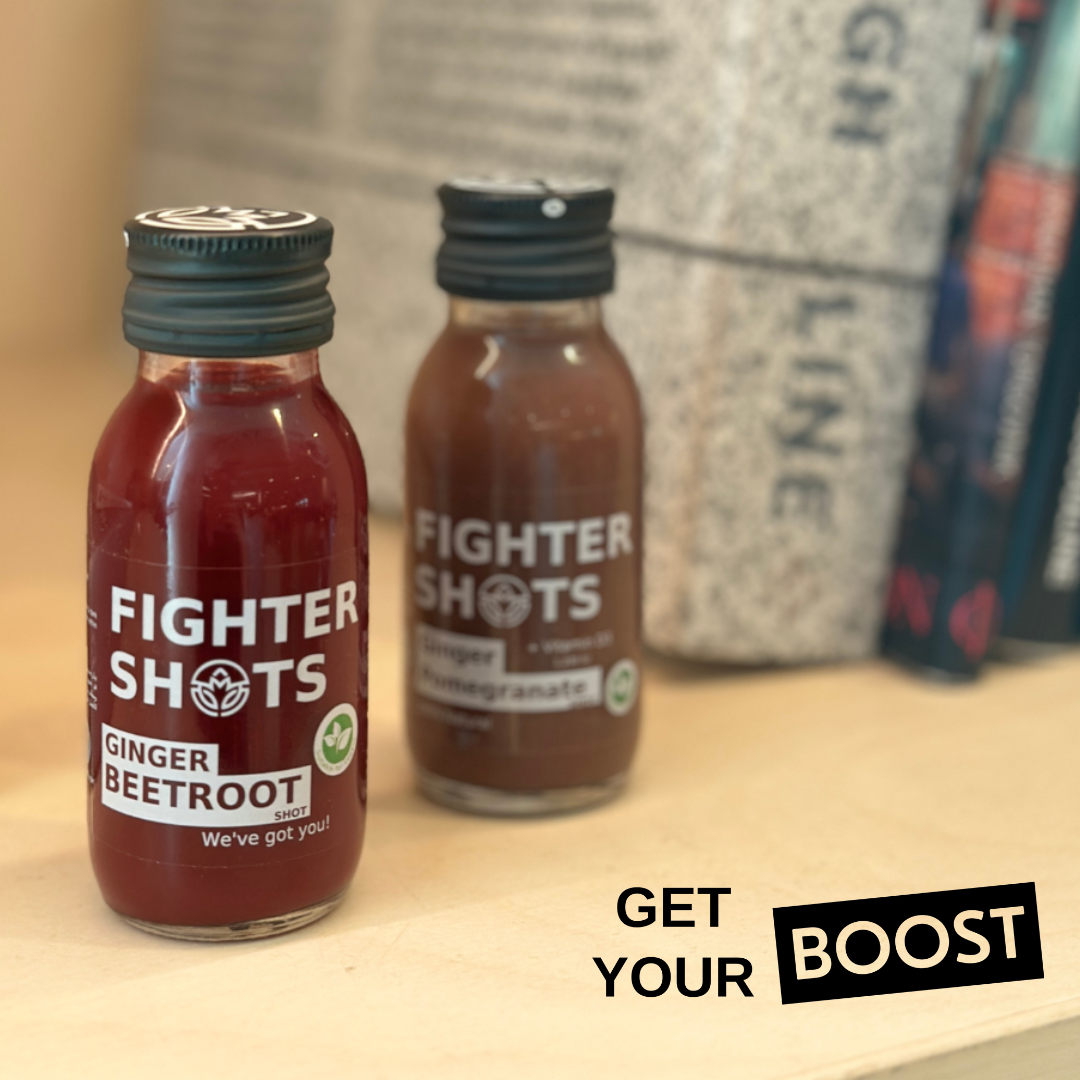If you are reading this, you are probably curious about how you can easily adopt an anti-inflammatory diet to reduce symptoms of common health conditions.
Firstly, inflammation is an immune response - a natural and necessary process that helps your body to heal and defend itself from harm, often demonstrating itself externally through aches, pains and swelling. Despite this being a common bodily response, inflammation in the body can be harmful when it becomes chronic.

Chronic inflammation can lead to various chronic illnesses such as osteoarthritis, rheumatoid arthritis and Parkinson’s disease. Fortunately, inflammation levels are somewhat in your control. Lifestyle factors such as excessive drinking, smoking and eating the wrong foods can increase the risk of inflammation.
Some foods contain ingredients that can trigger or worsen inflammation. Adopting an anti-inflammatory diet can help to reduce these symptoms and the risk of developing inflammatory conditions, whilst improving your overall health.
Whilst there is no specific diet that works for everyone, adopting an anti-inflammatory diet is more of a lifestyle (think of the classic Mediterranean diet), focused around filling your plate with food that helps to fight inflammation, and cutting out foods that contribute to triggering it.

Here are our top tips for adopting an anti-inflammatory diet to help reduce your symptoms and risk:
1. Avoid processed foods such as crisps and cakes, especially processed meats like salami, hams and limit your intake of high-fat red meat. Excess consumption of saturated fat will increase inflammation.
2. Choose whole-grain starches, fresh fruits and vegetables. These contain dense nutrients and a range of vitamins and minerals necessary for optimal health.
3. Consume a variety of colourful vegetables, fruits and grains weekly.
4. Choose skinless poultry, fish, eggs and fat-free Greek Yoghurt. These are all sources of protein, as well as Vitamin D, probiotics and unsaturated fat which don’t promote an inflammatory response.
5. Choose healthier fats, such as monounsaturated and omega-3 fats, thought to neutralise inflammation. Examples of monounsaturated fats are olive oil, avocados and nuts. Consumption of healthier fats is associated with decreased risk of heart disease and cancer, which are both related to inflammation. Omega-3 fatty acids are found in wild salmon, tuna, walnuts and ground flaxseed - an essential fat our bodies cannot make and must be obtained from our diets.
6. Limit your intake of refined starches (white starch) and added sugars (energy drinks, white or brown sugar, fizzy drinks). Lacking in nutrients, these foods promote inflammatory symptoms such as elevated blood glucose and lipid levels.
7. Limited saturated fats - such as butter, cheese and whole milk. Our bodies are designed to only intake a small amount of saturated fats in our daily diet, with excess intake triggering an inflammatory response.
An easy list of food categories to avoid/limit to avoid inflammation:
- High sugar food and drinks (fizzy drinks, sugary beverages)
- Refined carbs (white bread, sweets, pastries and cakes)
- Processed meat
- Fried food
- Dairy products
- Red meat
An easy list of anti-inflammatory food categories to eat:
- Fresh fruits and veg
- Dried fruits
- Plant-based protein (lentils, chickpeas)
- Fatty fish (salmon, tuna, mackerel)
- Whole grains (brown rice, oatmeal)
- Ginger
- Turmeric
- Nuts (walnuts, almonds)
- Coffee and green tea
- Leafy greens
- Seeds including chia seeds and flaxseed
We hope these tips were helpful in your anti-inflammatory journey!
At Fighter Shots, our all-natural superfood shots are formulated with natural ingredients that are known to have powerful anti-inflammatory properties - particularly our base ingredient, Ginger, and one of our other wonder ingredients, Turmeric.

Disclaimer: We advise that anyone who has a chronic health condition that involves inflammation should also consult a healthcare professional about the best dietary options for them to get the best results possible.
Sources:
https://www.medicalnewstoday.
https://www.mindbodygreen.com/
https://www.healthline.com/
https://www.health.harvard.
https://www.everydayhealth.
https://health.














